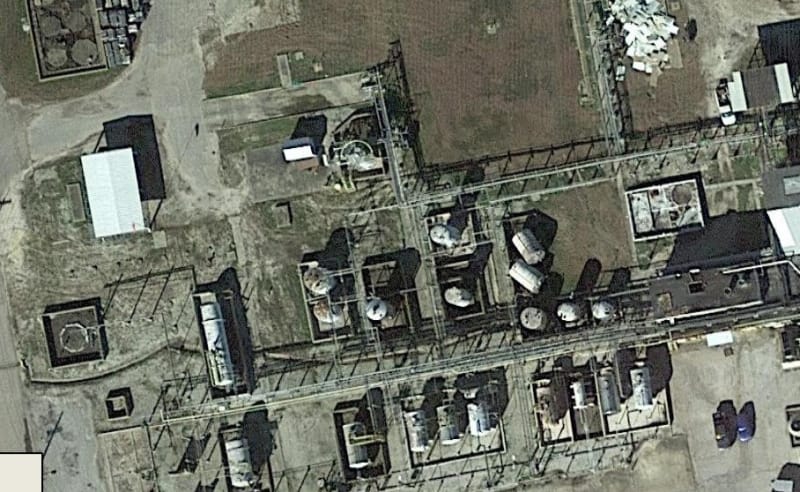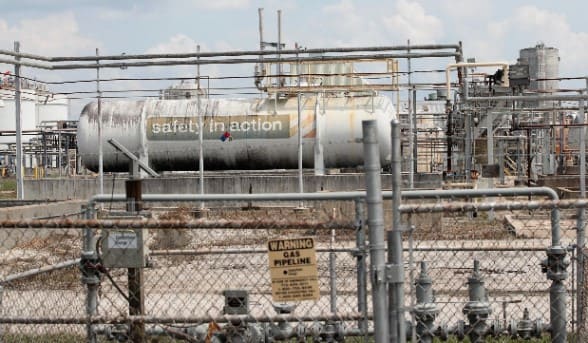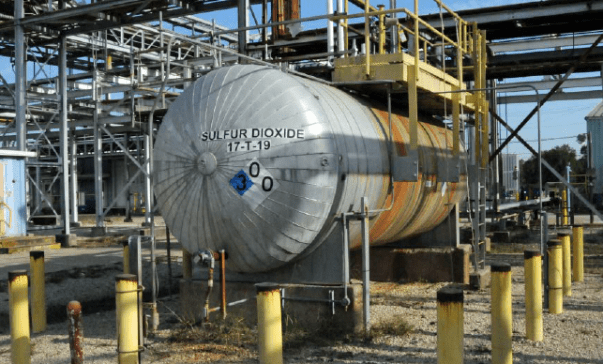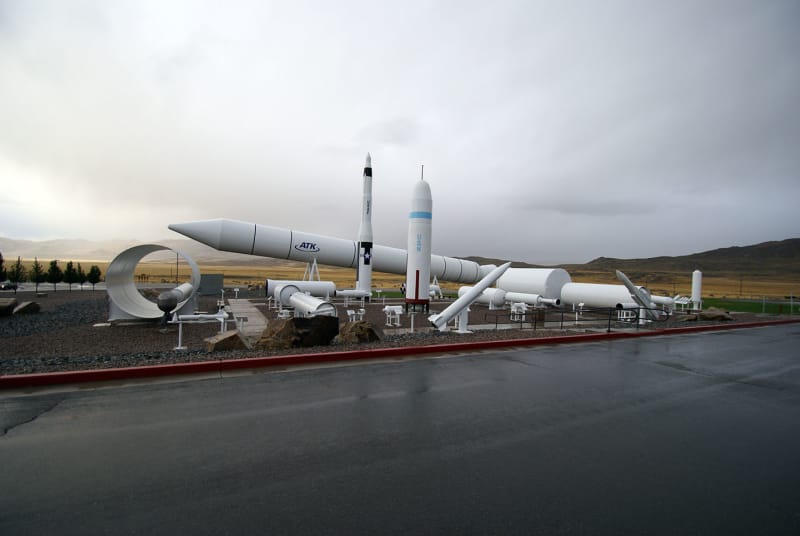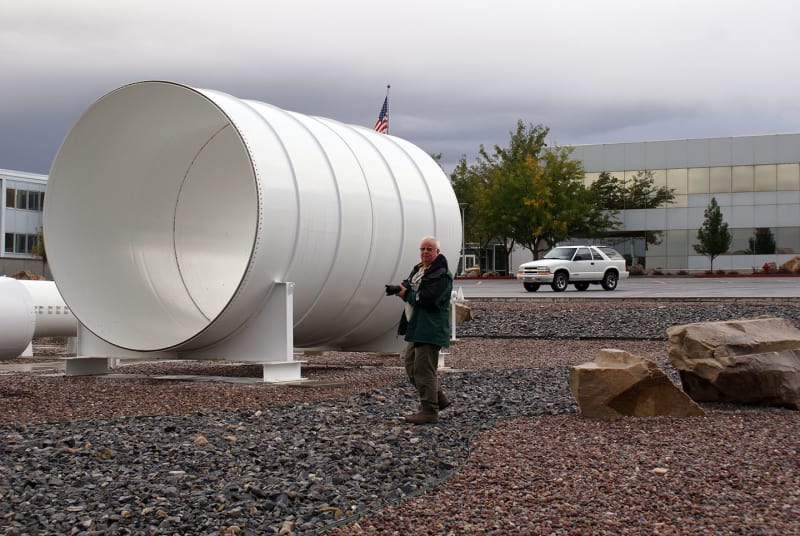drwebb (Automotive) said:
According to the full CSB report the now Arkema Crosby facility was in fact constructed in the 1960's (par. 44), long before the first flood maps for the area were published in 1985 (which then showed minimal risk). Is it irresponsible for facilities to continue handling hazardous materials after redrawn flood maps reclassify their risk, and even if they have a flood management plan?
Seems that you misread the report as that is an incorrect statement. If you knew what functional organic peroxides were, you would know that the present products at the Crosby plant are different than when Wallace & Tiernan built the plant in the 1960s. Most of the products at the Crosby plant were probably commercialized or patented after the 1960s.
"a Arkema expanded its chemical production and warehouse facilities over the years.
b Arkema records show the Crosby site was originally owned by Wallace & Tiernan. In 1969 Wallace & Tiernan merged with Pennsalt, becoming Pennwalt. The Crosby facility remained with Pennwalt until it was acquired by Elf Aquitaine in 1990. In 2004, when Arkema was formed, the site became part of Arkema Inc."
It is irresponsible to introduce new hazardous chemicals to a site without an evaluation of the consequences. This applies especially to organic peroxides that are unstable compounds, that are thermally unstable, and that are subject to self accelerating decomposition.
Arkema also made investments in the Crosby plant in 2017, but apparently not in flood prevention:
"In 2017 Crosby continued to make significant capital investments in the mechanical integrity of the facility, from structural steel replacement, to vessel and piping rehabilitation. The Crosby facility is also in the process of upgrading the process control system to state of the art technology to improve process efficiencies and reliability. In addition, the Crosby plant had a significant investment in 2017. $3.6 million in approved capital investments in 2017 for health, safety, and environmental projects."
Crosby
You must have missed that the report states that plant management was informed of the flood risk:
"A year before Hurricane Harvey, FM Global engineers visited the Arkema Crosby facility, met with the Crosby plant manager, and produced a report that identified the Crosby facility as susceptible to flooding hazards, among other insurance risks."
You must have missed that the report states that the plant had a history of flooding:
"Although the Arkema Crosby facility had a history of flooding over the past 40 years, long-term employees could not recall floodwater occurring higher than two feet before Hurricane Harvey. As a result, Arkema did not consider flooding of its safety systems to be a credible risk. When determining the risk of 100-year or 500-year flooding events, however, relying on the experience of individual employees is insufficient to determine the risk level. For example, long-term employees
at the Arkema Crosby facility recalled Tropical Storm Allison in 2001 as the previous high-water benchmark for flooding at the site. In contrast, flood records suggest that rainfall from Hurricane Rosa in 1994, and even rainfall from an unnamed storm in 2015, produced more significant flooding at the Crosby site than did Allison."
Seems you missed reading that the management at the Crosby plant knew of the flood risk and apparently did nothing:
"FEMA issued a significant revision to the relevant flood insurance rate map in 2007. This revision established that the entire Arkema Crosby facility sits within a floodplain. Some portions of the facility are in the 100-year floodplain, and the remaining areas of the site are in the 500-year floodplain. Although a September 2016 report from Arkema’s insurer, FM Global, identified flood risks to the Crosby facility, including these floodplain designations, Arkema Crosby facility employees, other than a past facility manager, appeared to be unaware of this information."
Seems you missed reading that Arkema purchased GEO Specialty Chemicals (another peroxide manufacturer) in 2009 and apparently now stores other peroxide products manufactured elsewhere:
"The Arkema Crosby facility served as a local distribution center by providing low-temperature organic peroxide storage for a number of other Arkema organic peroxide manufacturing facilities."
drwebb (Automotive) said:
To my mind, there might be some scenarios where moving materials by any means possible might be preferable to losing control of them while staying within the bounds of the regulations, but that does not appear to have been the case in Crosby. Not minimizing the resulting 21 folks who sought medical attention, but as a case study this report seems to show much success and very high levels of professionalism in managing a chemical crisis under difficult and unusual circumstances.
Where does ignoring the flood risk and causing a 23,000 lb hazardous waste spill fit in the "very high levels of professionalism in managing a chemical crisis"? The plant management lacked professionalism and their inaction created the crisis.
If you review the pictures in the report, one can see that this is a very small obsolete facility with rusted old facilities that should have been updated long ago for the flood risk.


